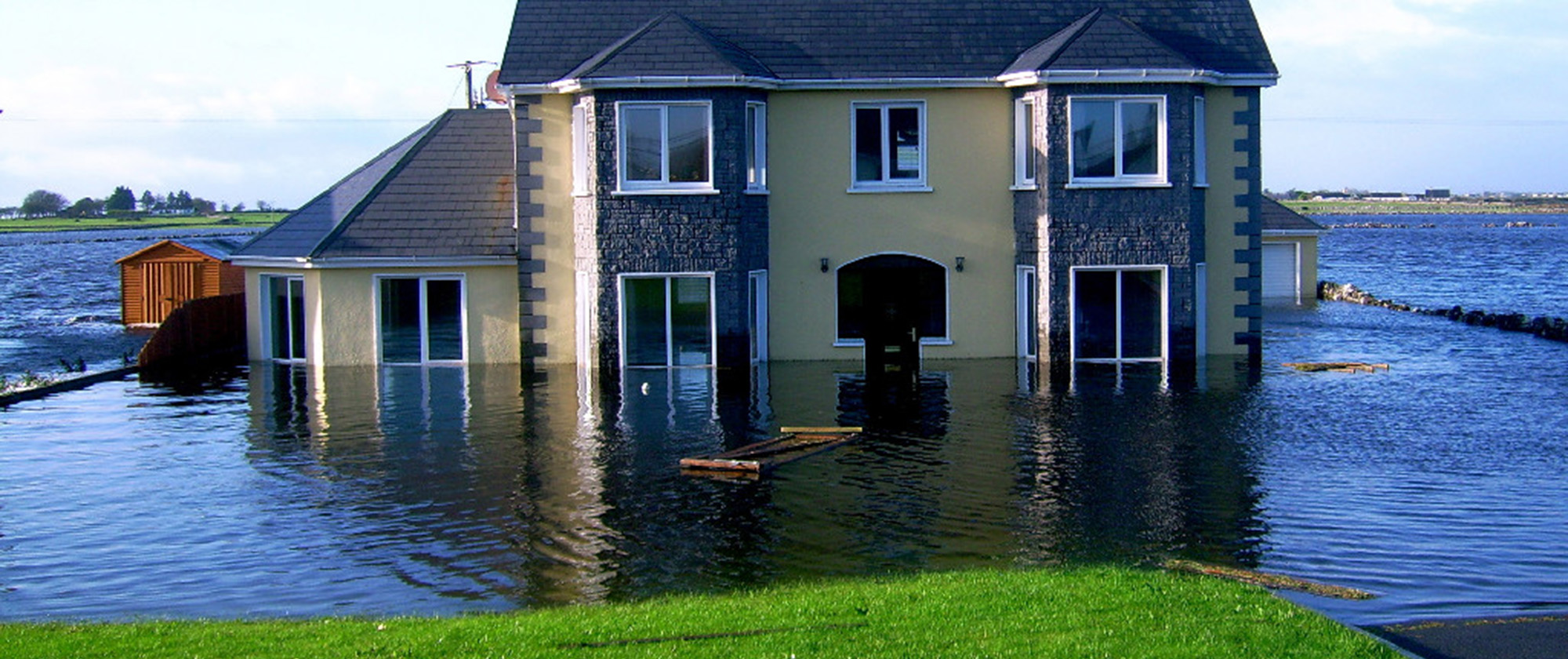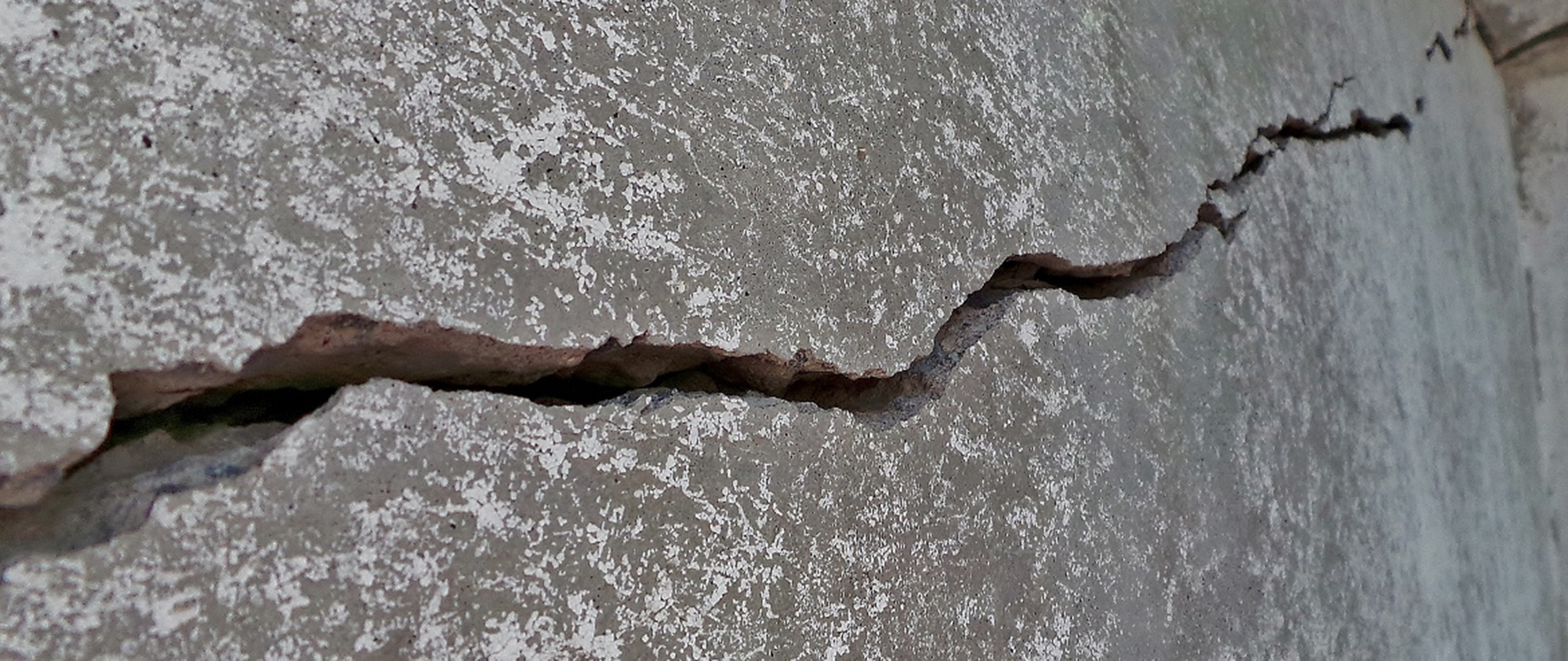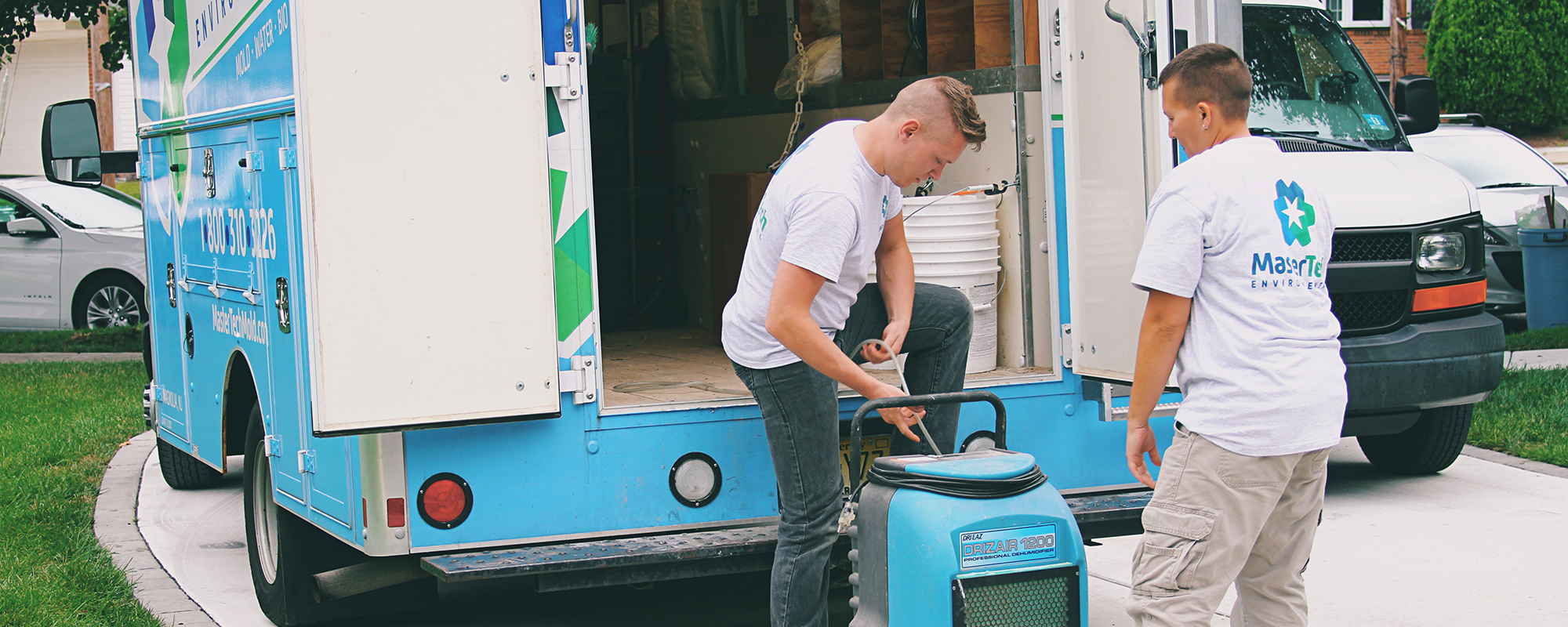
Your basement can be very useful and important to you and your family. Whether it has been renovated into a livable space or used simply for storage, you do not want it to fall victim to basement flooding. Basement floods leave families with damaged property and a big ‘ol repair bill. If your basement suffers serious flooding you will need to contact a professional water damage restoration company in New Jersey.
Your New Jersey basement can be vulnerable to water intrusion if you have not taken the appropriate precautions to prevent basement flooding. Here are some areas to routinely check and maintain to prevent basement flooding in your New Jersey building structure.
Tips To Prevent Basement Flooding In New Jersey Buildings
Gutters: Clean your gutters and downspouts regularly.
-
- Now, if your home is surrounded by a lot of trees, your gutters may need to be cleaned a few times a year.
- Just be sure to keep an eye on them in case they fill up with leaves or debris between cleanings.
- To help prevent leaves from getting into your gutter, you can install gutter guards. But even with gutter guards, it is still good to make a habit of checking your gutters to make sure nothing gets lodged in the crevices.
- If your gutters have a tendency to overflow, even when clean, you should consider replacing them
Water Flow: Water should always flow away from your New Jersey home.
-
- Check that your downspouts extend at least six feet away from your home.
- Make sure that the downspouts are not connected to your foundation footer drain tiles or to underground dry wells.
- Check that any paving or masonry slope away from the property. If you notice that water is being directed towards your home, paving should be removed and replaced so that water slopes away from your home.
Foundation: A well-maintained foundation will go a long way to prevent major water damage in your New Jersey home. You should routinely check for signs of damage to your foundation walls.
-
- Inspect your exterior foundation walls and basement walls for smalls cracks or any signs that the structural integrity may be compromised.
- Minor cracks may be addressed with an epoxy or masonry sealer, if you feel up to it. If it is a more serious crack, or if you just feel like it is beyond your skills, contact a professional contractor.

Landscape: Your home’s surroundings are very important to keeping rising water out. Again, you always want water to flow away from your home.
-
- Make sure that you plant your trees with sufficient space between the tree and your home. Tree roots are aggressive and their growth can apply unwanted pressure to your foundation walls. Depending on the kind of tree, you should plant your trees roughly 15-20ft away from you home to avoid damage to your foundation.
- Track the water pattern during heavy rain. Keep an eye on your yard during heavy rain to see if/where the water approaches and pools near your home. If you notice consistent pooling, contact a landscaper or excavation contractor for advice on how to direct the water away from your home.
- Your lawn should slope away from your home. If you notice that your lawn is graded in the wrong direction, towards your home, your home may be vulnerable to flooding. You should consult a landscaper for an appropriate solution.
- When you place mulch, be sure that you leave a 6-inch gaps between your mulch and the siding of your home. The moisture in the mulch can wick into the siding and rot away the building material.
Drains: In order for drains to do their job, they must be clear at all times.
-
- If you have basement floor drains, check them regularly to looking for any obstructions in or around the drain (dirt, debris, storage items, etc.). Optimized drainage will help to avoid flooding.
- If you have steps leading to your basement, make sure the drain at the base of the steps is free and clear of debris. Stair drains in older homes tend to be on the smaller size and are prone to clogging.

Unfortunately, sometimes all the preparing and maintenance checks in the world cannot prevent basement flooding. If you were unable to prevent basement flooding, do not panic. MasterTech Environmental’s Emergency Water Damage Restoration in Team New Jersey is available 24/7 to come to your rescue. Remember, it only takes 24-48 hours for mold to begin to develop in areas experiencing major water exposure, so call a professional right away upon discovery. If you suspect the water has been there for a while, and you are concerned about mold development, you might need professional mold removal in New Jersey.


